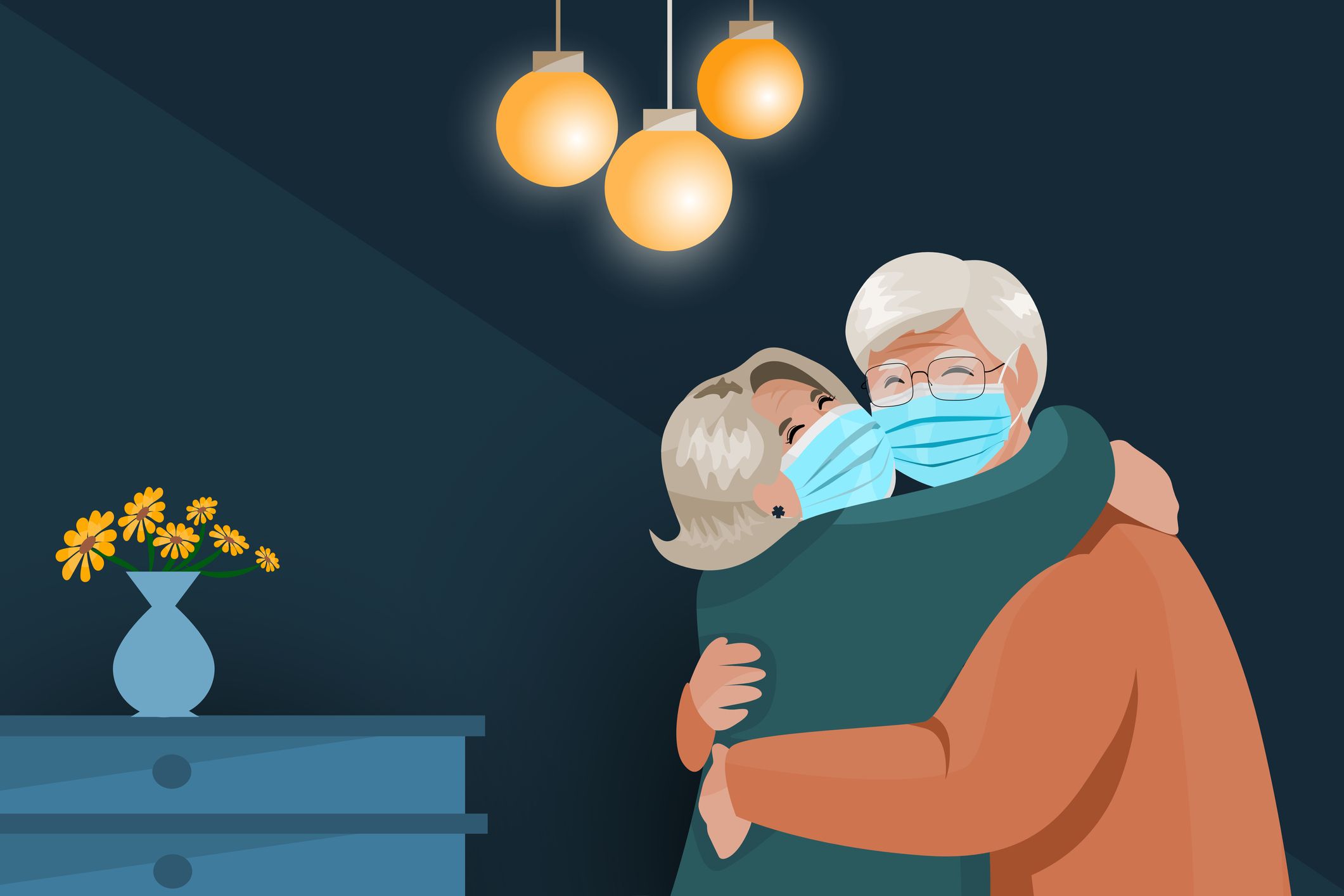

Hugging has been demonstrated to reduce stress and improve physical health in a variety of ways, including reducing blood pressure. Scientific research on how it impacts psychological well-being, on the other hand, is scarce. Recent research, just published in the scientific journal ‘Journal of Nonverbal Behavior’ (Packheiser et al., 2022), looked at how hugging affects general life satisfaction and everyday mood.
The study team discovered numerous new facts about embracing, including
1. Saturday is hugging day.
The study’s participants embraced roughly six times each day on average, although there were substantial variances across persons. While some participants never hugged, the individual who received the most hugs embraced 150 times.
Surprisingly, the day of the week had a statistically significant influence on the frequency with which respondents embraced it. Saturday had the most hugs (approximately 10) followed by Sunday (about nine hugs).
2. Four is the magic number.
The researchers also looked at how many individuals each person embraced each day. Embracing one person frequently or hugging numerous individuals a few times might result in a large number of hugs.
Individuals embraced four other people on average every day. Again, the disparities between persons were enormous.
3. More hugs = better mood.
The researchers also looked into the relationship between hugging, mood, personality, and emotions of loneliness. We discovered that those who embraced were often happier. They also reported feeling less lonely than those who embraced less.
Source:psychology Today
In today's article, we will learn the importance of happiness and how to maintain it…
Today, we will look at three common mistakes couples make in their relationships regarding intimacy…
In this article, we will learn about the simple ways that can help one overcome…
Check out the list of couples' biggest relationship mistakes in this article.
In this article, we will learn about anxiety and how one can handle it in…
In this article, you will understand the horrifying effects of child abuse.